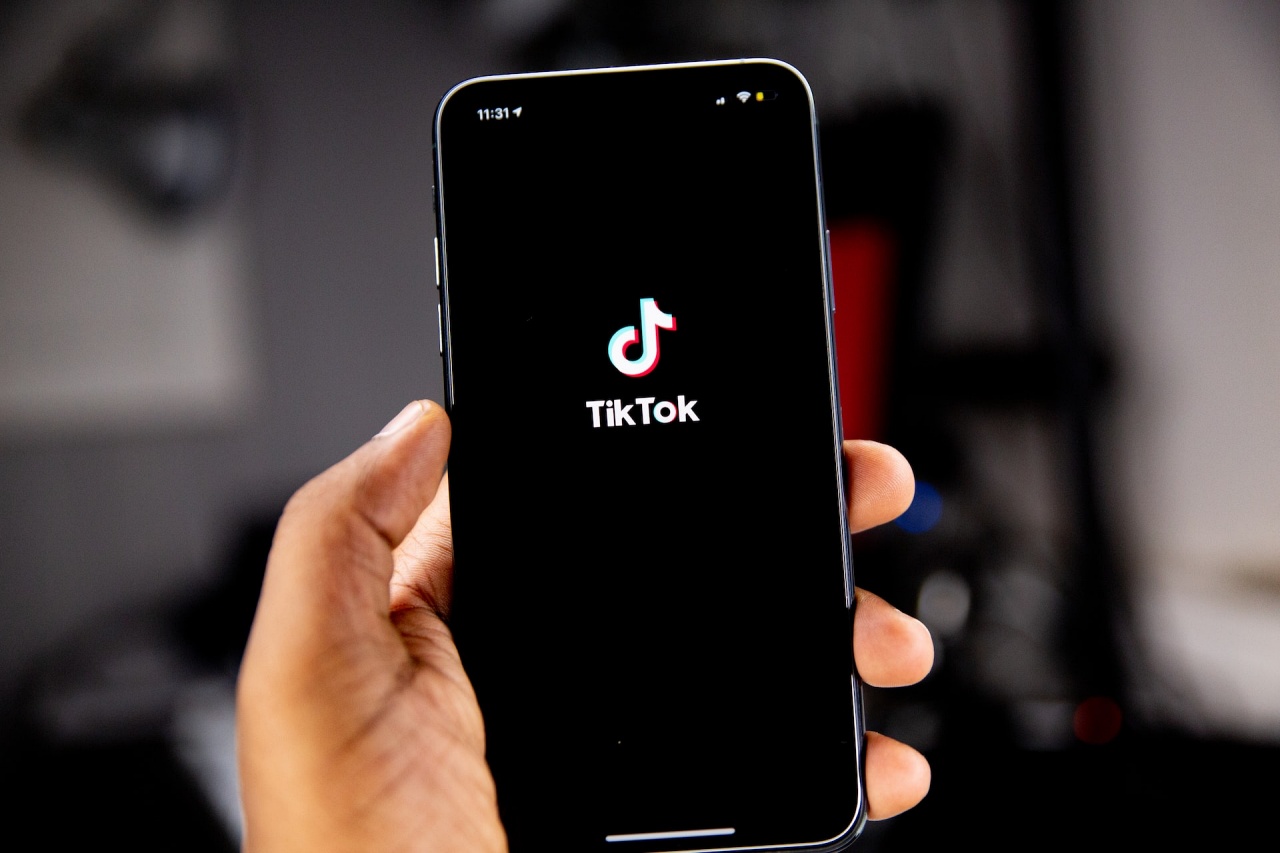TikTok is a Chinese short video hosting platform owned by ByteDance. It is also locally known as Douyin, and it was reported that it is facing a hefty £27m fine in the United Kingdom for failing to protect the privacy of children when they are using the platform.
As per BBC News, the UK's Information Commissioner's Office (ICO) discovered that TikTok may have processed the personal data of kids under the age of 13 without proper parental consent. They alleged that TikTok also failed to provide relevant information to its users in a short, transparent, clear, and easily understood manner. In the end, it may have processed special category data without any legal grounds to do so.
The independent non-departmental authority said the violation took place more than two years ago. ICO said the personal data breach involving children happened from May 2018 to July 2020. However, the body has yet to make a decision for its final conclusions regarding the case.
The commissioner’s office on information in the U.K. forwarded a “notice of intent” to TikTok Inc. and TikTok Information Technologies UK Limited. This is a legal document in the country that is usually given before a potential fine. In response, TikTok does not agree with the regulator’s findings and argues these are only "provisional" as there is no final conclusion yet.
"While we respect the ICO's role in safeguarding privacy in the UK, we disagree with the preliminary views expressed and intend to formally respond to the ICO in due course," TikTok said.
In any case, based on the data from the UK’s Office of Communications (Ofcom), 44% of eight to 12-year-old children in the country are using TikTok even if the platform’s policy indicated that individuals under 13 years of age are not allowed to open an account. This issue was also raised in ICO’s investigation.
"We all want children to be able to learn and experience the digital world, but with proper data privacy protections,” ICO’s commissioner, John Edwards, said in a statement. "Companies providing digital services have a legal duty to put those protections in place, but our provisional view is that TikTok fell short of meeting that requirement."
Finally, the regulator added that it would carefully consider all representations from TikTok before finalizing its decision, as per The New York Times.



 CK Hutchison Launches Arbitration After Panama Court Revokes Canal Port Licences
CK Hutchison Launches Arbitration After Panama Court Revokes Canal Port Licences  Silver Prices Plunge in Asian Trade as Dollar Strength Triggers Fresh Precious Metals Sell-Off
Silver Prices Plunge in Asian Trade as Dollar Strength Triggers Fresh Precious Metals Sell-Off  RBI Holds Repo Rate at 5.25% as India’s Growth Outlook Strengthens After U.S. Trade Deal
RBI Holds Repo Rate at 5.25% as India’s Growth Outlook Strengthens After U.S. Trade Deal  U.S. Stock Futures Slide as Tech Rout Deepens on Amazon Capex Shock
U.S. Stock Futures Slide as Tech Rout Deepens on Amazon Capex Shock  American Airlines CEO to Meet Pilots Union Amid Storm Response and Financial Concerns
American Airlines CEO to Meet Pilots Union Amid Storm Response and Financial Concerns  Nvidia, ByteDance, and the U.S.-China AI Chip Standoff Over H200 Exports
Nvidia, ByteDance, and the U.S.-China AI Chip Standoff Over H200 Exports  Trump Backs Nexstar–Tegna Merger Amid Shifting U.S. Media Landscape
Trump Backs Nexstar–Tegna Merger Amid Shifting U.S. Media Landscape  Nvidia CEO Jensen Huang Says AI Investment Boom Is Just Beginning as NVDA Shares Surge
Nvidia CEO Jensen Huang Says AI Investment Boom Is Just Beginning as NVDA Shares Surge  TrumpRx Website Launches to Offer Discounted Prescription Drugs for Cash-Paying Americans
TrumpRx Website Launches to Offer Discounted Prescription Drugs for Cash-Paying Americans  Oil Prices Slide on US-Iran Talks, Dollar Strength and Profit-Taking Pressure
Oil Prices Slide on US-Iran Talks, Dollar Strength and Profit-Taking Pressure  Bank of Japan Signals Readiness for Near-Term Rate Hike as Inflation Nears Target
Bank of Japan Signals Readiness for Near-Term Rate Hike as Inflation Nears Target  Prudential Financial Reports Higher Q4 Profit on Strong Underwriting and Investment Gains
Prudential Financial Reports Higher Q4 Profit on Strong Underwriting and Investment Gains  Dollar Steadies Ahead of ECB and BoE Decisions as Markets Turn Risk-Off
Dollar Steadies Ahead of ECB and BoE Decisions as Markets Turn Risk-Off  Ford and Geely Explore Strategic Manufacturing Partnership in Europe
Ford and Geely Explore Strategic Manufacturing Partnership in Europe  Uber Ordered to Pay $8.5 Million in Bellwether Sexual Assault Lawsuit
Uber Ordered to Pay $8.5 Million in Bellwether Sexual Assault Lawsuit  South Korea Assures U.S. on Trade Deal Commitments Amid Tariff Concerns
South Korea Assures U.S. on Trade Deal Commitments Amid Tariff Concerns  Gold Prices Slide Below $5,000 as Strong Dollar and Central Bank Outlook Weigh on Metals
Gold Prices Slide Below $5,000 as Strong Dollar and Central Bank Outlook Weigh on Metals 































